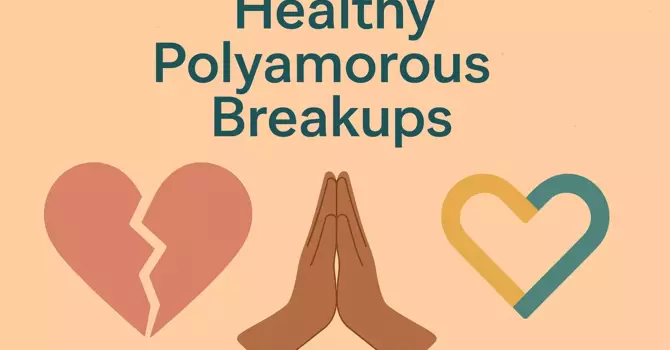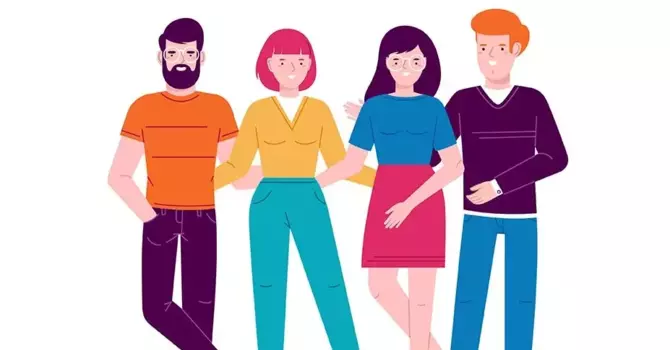
Coming out as polyamorous can be daunting for anyone, but for a person with ADHD and autism, it often adds layers most people don't even consider. It's not just about navigating the typical concerns of coming out, such as the fear of rejection or judgment, but also how your neurodivergence impacts the way you understand and communicate love, relationships, and boundaries.
In all honesty, the process of being an out polyamorous individual began in my late 20s after experiencing several failures of monogamous relationships. Growing up, I could feel that something was peculiar about me in the ways of thinking and relating, especially with regard to feelings and connection. My brain, wired through autism and ADHD, would often crave these intense, hyper-focused relationships with others, which did not always coalign with what society might have defined as "normal" or "traditional." I struggled through the expected path of monogamy because my capacity for many deep emotional connections was simply always there, even while I didn't have a vocabulary to describe it. This only led to confusion and self-doubt, as I couldn't understand why I wasn't able to make the typical monogamous model work for me.
When I started to understand the concept of polyamory, it felt like a light bulb went off. Polyamory was the answer to everything I had been feeling for years. It wasn't about having multiple relationships just for the sake of it; it was an understanding that to love, connect, and be intimate didn't have to come in one single box. Being a person with ADHD, my need for variety and excitement in my emotional experiences is strong, and polyamory allowed me to embrace that without feeling guilty or ashamed.
But coming out wasn't easy. One of the first challenges was social expectations regarding presenting oneself as "normal." Monogamy is the natural order of things in many peoples' eyes, and it can be challenging to go against this grain when you are neurodivergent. I remember my first close friend's surprise, along with the initial confused reaction, upon my initial sharing of my polyamorous identity. They couldn't fathom how I could have multiple relationships, and their questions, which weren't meant to hurt, just made me question myself.
I soon learned that coming out as polyamorous was about coming out to myself. I had to reconcile my need for deep, multiple connections with the fear of how others would perceive me. Looking back, I wish there was more advice from others who knew how it felt to live with ADHD and autism, along with navigating polyamory. Here are a few pieces of advice I wish I had when first trying to figure things out:
1. Understand Your Own Needs First: Before you come out to others, take the time to understand why polyamory is right for you. Your needs are valid, but you'll have a stronger foundation for your relationships if you can clearly articulate what you want and need from them.
2. Set Boundaries: Neurodivergence and polyamory alike both require strong boundaries. In my case, clear communication works. Being on the spectrum, there is a tendency to misinterpret or not catch something, so it helps to state your needs and limits up front.
3. Be Prepared for Diverse Reactions: Everyone's reactions will be different, and they won't all be positive. But still find in-person and online supportive communities that understand experiences like yours and thus are supportive.
4. Don’t Rush: It’s okay to take things slowly, both in coming out and in your relationships. Coming out as polyamorous is not a one-time conversation—it’s a journey that will unfold as your relationships grow and change.
Polyamory, for me, isn’t just a relationship style—it’s a way of understanding the world and my place within it. Uncomfortable or not, the freedom to express love-my way, as a unique human being and as one living with ADHD and autism, in particular-is mine to grasp. Coming out might never be easy, yet owning being polyamorous brought to myself: peace, self-approval of my identity, and awareness of what love may appear like throughout all its dimensions.
https://inclusivetherapygroup.com/blog/coming-out-as-polyamorous





